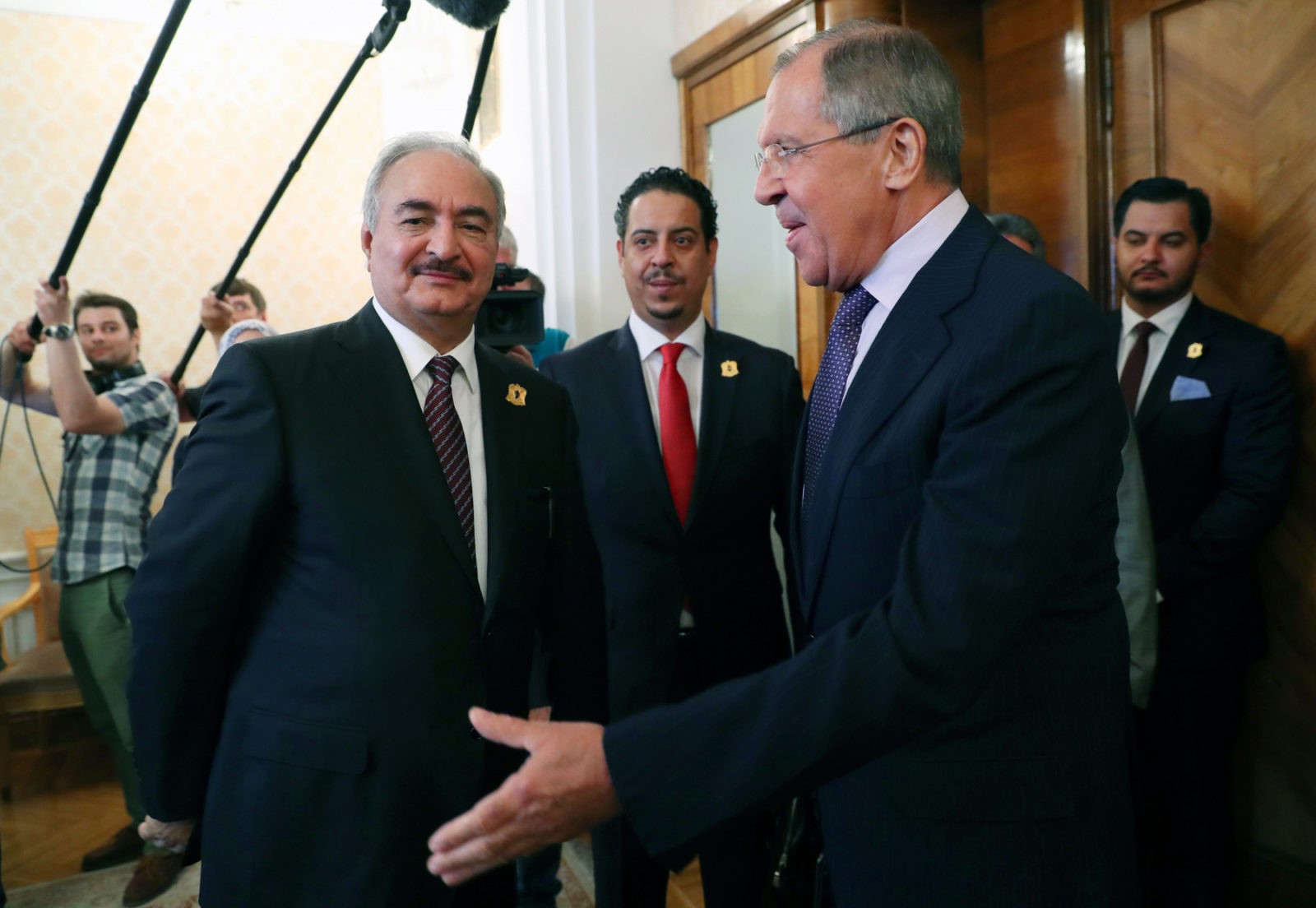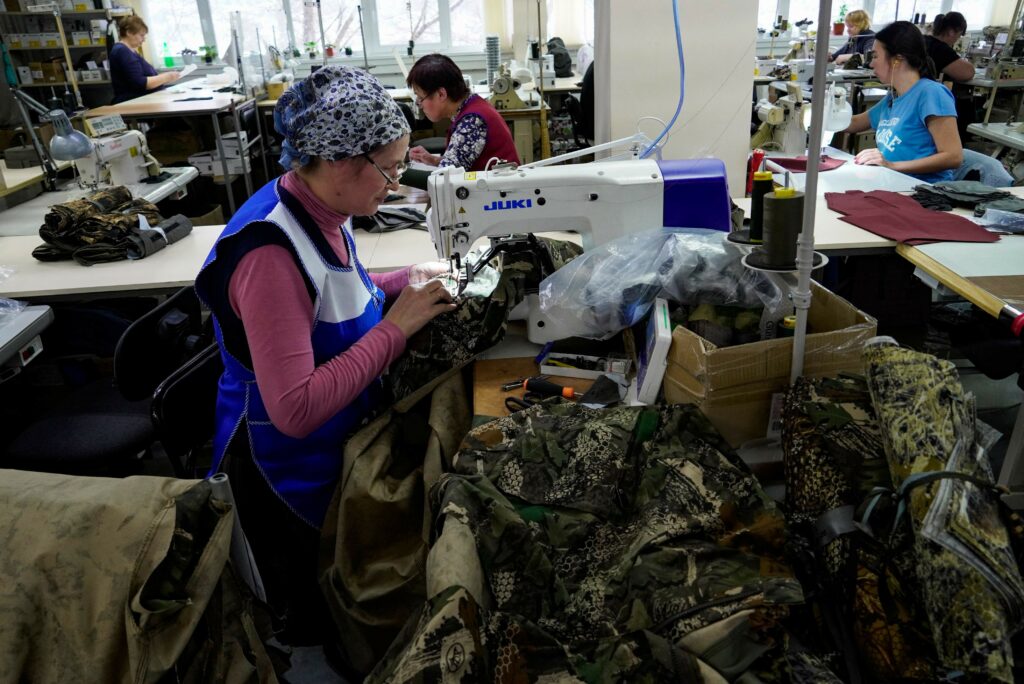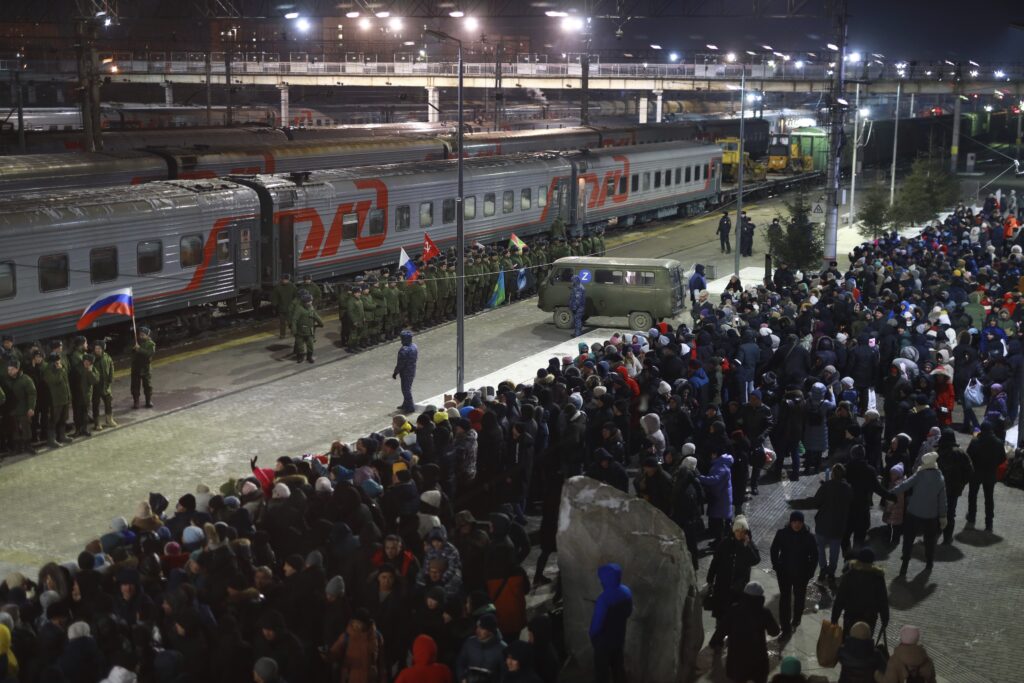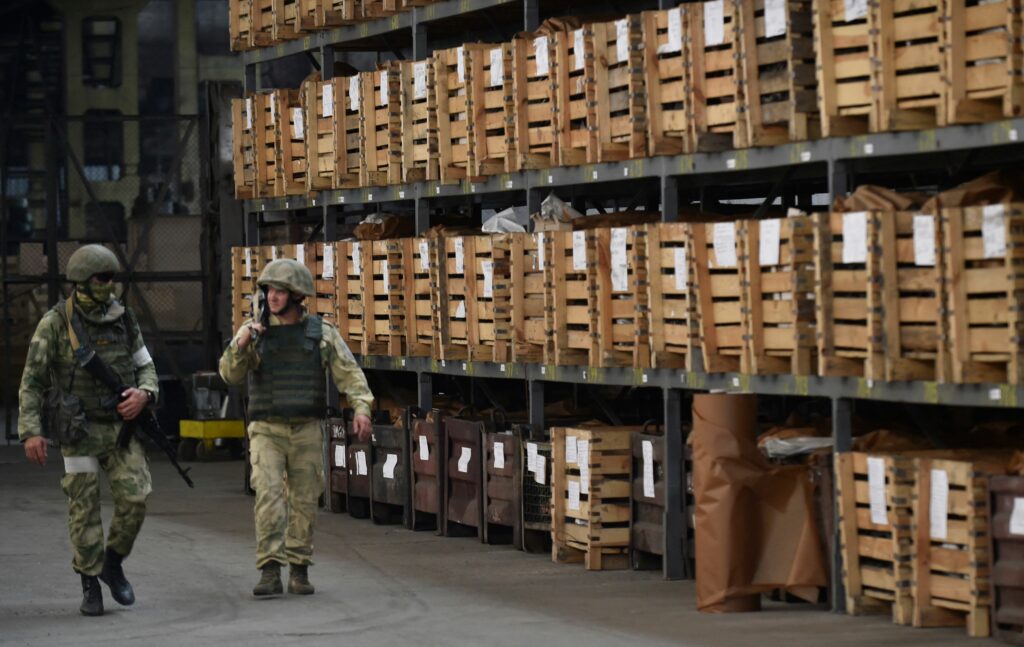Two more building blocks of evidence have emerged of Russian involvement in Libya recently which compliment a year and a half of western media reporting. One: A statement by Turkish President Recep Tayyip Erdogan acknowledgin the presence of Wagner PMC in Libya. Two: the publication of an interview by the Emirates television channel Al-Aan. (The interview involved a presumably Russian Igor Kolikov talking about his stay in Libya as a mercenary instructor.) These serve as further confirmation that Russian military personnel occupy several military bases there. These are covered by air defense systems. Mercenaries from the Wagner PMC are fighting on the front line on the side of the «new Gaddafi» — Khalifa Haftar. And most key — as in Syria, they suffer losses.
It is clear that Moscow has decided to play a more active role in the Libyan direction. However, there is reason to question the scope and extent of the Kremlin’s involevement. Unlike Bashar al-Assad, who does not advertise the presence of Russian specialists in the Syrian army, the Libyan military commander Haftar, on the contrary, does not mind exaggerating it for certain purposes.
Ambiguous support
In 2014−2016 Moscow defiantly interacted with Haftar. In various ways, Haftar presented these contacts as unconditional support. Over time, Kremlin began to take into account the interests of the government of Faiz Saraj in Tripoli and the Misrata Brigades. Its foreign policy line on the Libyan track became more balanced.
However, in the summer of 2018, the Russian authorities began to move away from a policy of equal remoteness in relations with Tripoli and Tobruk. They shifted in favor of greater support for Haftar, the commander of the so-called Libyan National Army (LNA). In particular, this is evidenced by the arrival of Haftar to the Russian capital in November 2018 on the eve of the conference on Libya in Palermo. In Moscow, Haftar held talks with Russian Defense Minister Sergei Shoigu. Evgeny Prigozhin, who is believed to control the Wagner PMC and various troll factories, was also present. The conference in Palermo was overshadowed by scandal. The Turkish delegation, led by Vice President Fuat Oktay, left the meeting in full force. The reason was the backstage two-hour negotiations between representatives of Russia, Italy, Egypt and Tunisia with Haftar. The delegation of the head of the Government of National Accord of Libya, Faiz Saraj, was also indignant at such a small group dialogue and refused to continue participating in the conference.
From that moment, Prigozhin-controlled media and non-governmental organizations began to actively support Haftar. Groups of Russian mercenaries began to appear in Libya. For a long time there were no significant contacts between high-ranking Russian officials and Libyan politicians from Tripoli, who represent the camp hostile to Haftar.
Obviously, Moscow’s official position on supporting Haftar during the start of his first April offensive in Tripoli was largely due to expectations of the rapid success of the LNA. The UAE and Egypt had made it clear to the Russian side that Haftar had enough forces and means to achieve victory and provoke a split in the forces defending Tripoli. However, the calculations of Abu Dhabi and Cairo were off. The LNA forces failed to enter the city on three attempts. They also suffered serious losses from counterattacks by the Libyan government army loyal to the Government of National Accord. As a result, back in June, Haftar lost his main rear and logistics base near Tripoli — the city of Garyan, where the headquarters of the entire operation was located. The LNA was not able to restore its lost positions and was forced to move on to the tactics of using aerial attacks via drones.
Yet no matter how actively the drones provided to Haftar by the allied UAE were used, the LNA failed to turn the tide. In fact, the actions of drones (according to some reports, and combat aircraft of the Egyptian Air Force and the UAE) are leading to large losses among the civilian population.
Due to the botched offensive in Tripoli, the Russian side tried to cut its losses: Moscow began again to take a more balanced approach to its statements and diplomatic initiatives on the Libyan track, avoiding actions that could be seen as unambiguous support for the LNA. Moreover, before Haftar announced on December 12 a decisive fourth attack on the capital city, the Kremlin even tried to get on the safe side. It invited Faiz Saraj to the November Russia-Africa summit. In the future, the Kremlin will be able to use this in response to allegations of a «pro-Haftar» leaning of Moscow.
The logic is clear: a credit of trust to the commander of the LNA, who has serious health problems, has its limits. Now, as representatives of Egypt and the UAE admit in backstage conversations, he is assigned the role of a locomotive. At the same time, Haftar has a very dubious reputation after he disrupted the national conference in Ghadames under the patronage of the special envoy of the UN Secretary General in Libya, Hasan Salam. But Haftar can at least «clear the way» for other politicians who will agree on some real compromise. Thus officially Moscow is not ready to take an unambiguous position on the Libyan track. But this does not mean that it cannot expand its influence at the expense of unsystematic players.
Plans and concerns
According to sources I’ve spoken to with close knowledge of the matter, the activities of PMC Wagner in Libya are directly supervised by military personnel. However, unlike Syria, this activity is limited and comes down to planning operations and their logistic support. At the same time, despite the PMC’s connection with the military, more active involvement of the mercenaries cannot be considered a reflection of Moscow’s official approach to the situation in Libya. The activities of some Russian businessmen so far are developing a momentum of their own. These are tied to different players — not only Haftar, but also actors in Tripoli and Tobruk (for example, the head of the temporary cabinet Abdullah al-Thani). It is also key that Haftar and his opponents have fairly broad lobbying opportunities. They try, through reputable foreign media outlets, to promote the theme of the Russian presence for their own purposes. Some Russian politicians and tycoons who earn money on contracts with Haftar are generally not interested in the peace process.
That said, given Russia’s bureaucratic and president-centric approach to foreign policy, it is unlikely that private individuals would dare to be active in North Africa without the go-ahead from the Kremlin.
It is also unlikely that Russia would refuse to have a base in the al-Watiyah region. That is because it could prove useful for the logistics of transportation to Venezuela and sub-Saharan Africa. Russian planes are already using this airfield for transit between facilities in Syria and Venezuela. According to sources, in recent years, more Russians have actually been seen at al-Watiyah base.
Undoubtedly, Moscow would like to return the contracts lost due to the overthrow of Gaddafi. For example, the construction of the Sirt-Benghazi railway section. And there is no quuestion that staking out a place in the country holds strategic allure. It is relatively close to the Suez Canal and was an important supplier of energy resources to Europe before the war. But Moscow does this carefully. Primarily, this is because the leading support roles to Haftar are played by other actors — Egypt, the UAE and Saudi Arabia.
So far, Russia is ready to assist the LNA in providing transportation services, repairing military equipment, training personnel and guarding oil and gas infrastructure. It is possible that Russians are guarding some high-ranking LNA representatives as well. In this capacity, that they can «turn up» the intensity at the front near Tripoli. And it is here where they risk Russians dying as a result of attacks at LNA headquarters by GNA forces drones.
The Russian side expects to receive certain dividends from the support of Haftar, but this support has certain boundaries. It is possible that Moscow fears that if Haftar is strengthened excessively in Libya, the main beneficiaries of its actions will be Egypt, the UAE and Saudi Arabia. They have invested much more in Haftar’s success than Russia. It is beneficial for Moscow to maintain a certain balance in Libya as a means of hedging. In the hypothetical «post-Haftar» period, this would allow it to strengthen its influence, extracting economic benefits from its actions.










